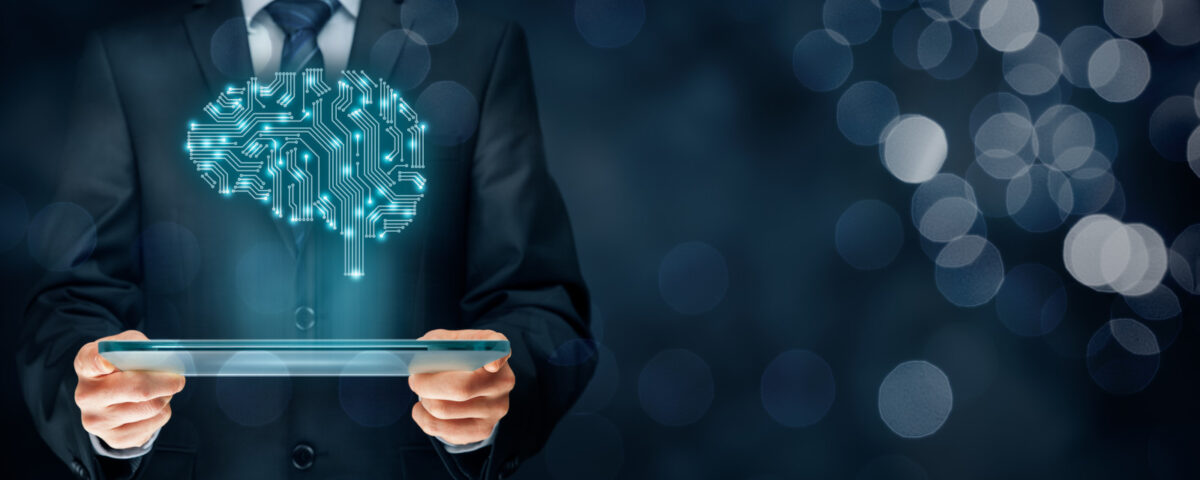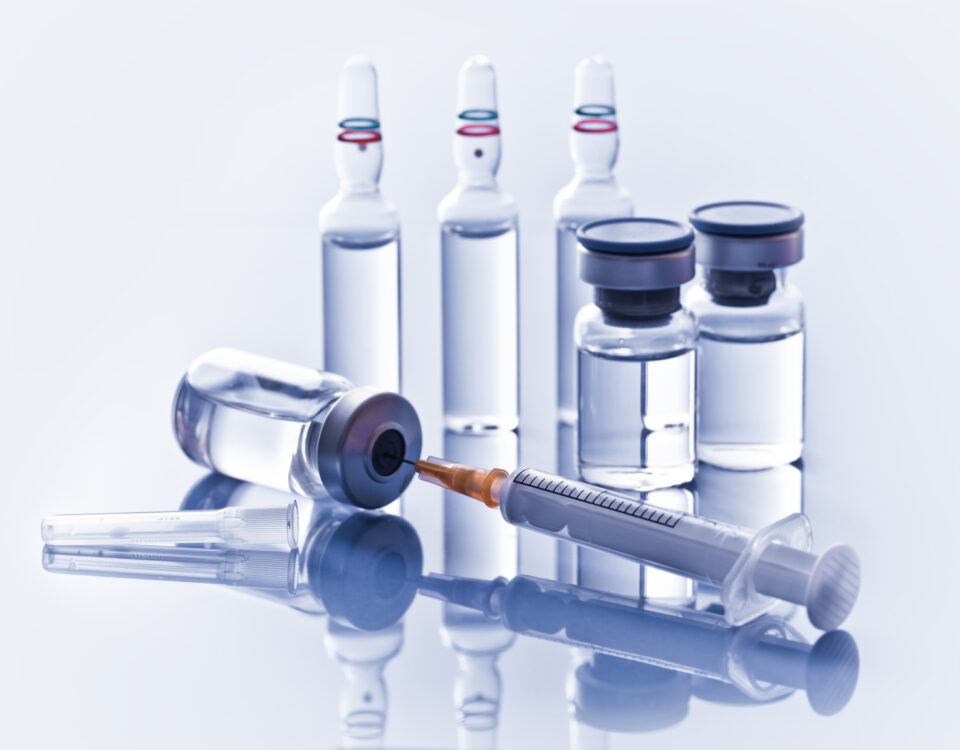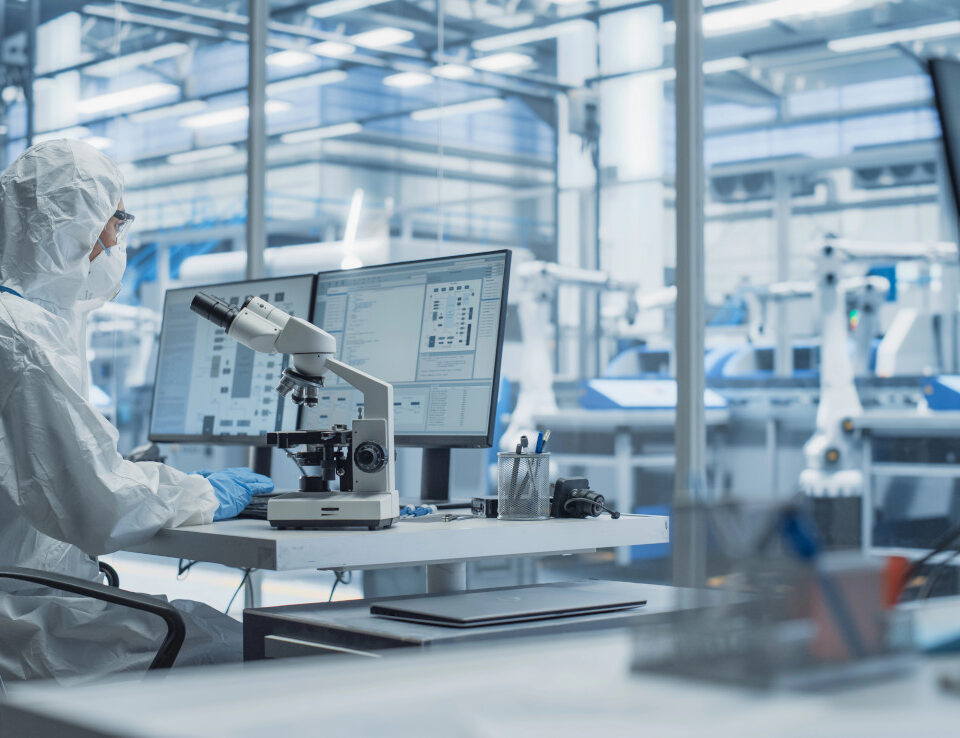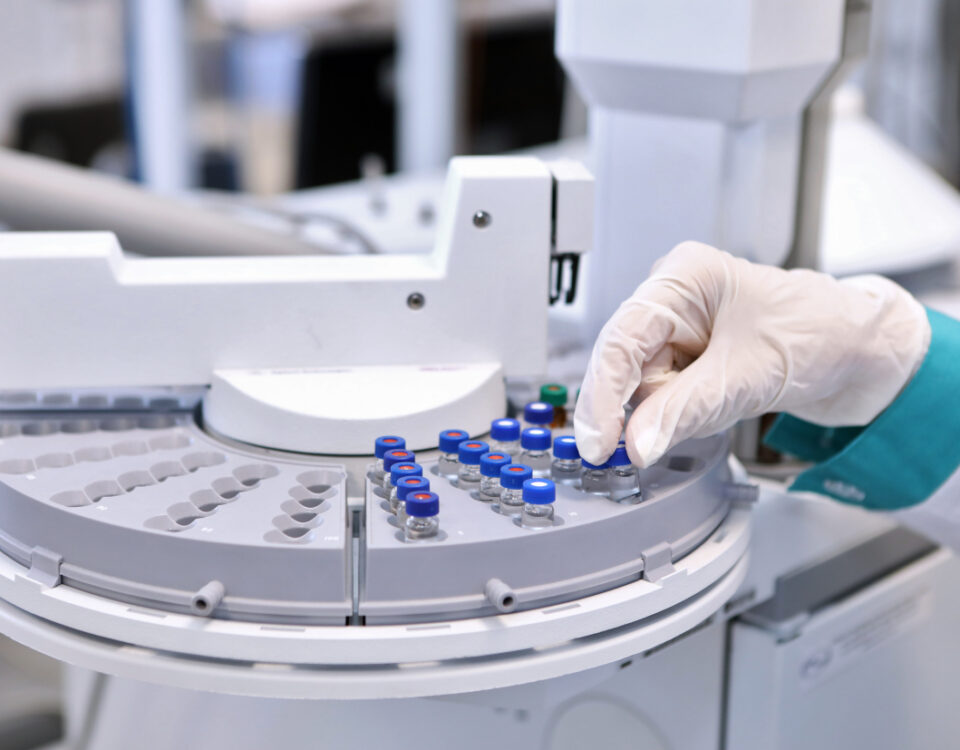
Working as a freelance consultant in the pharmaceutical industry
February 1, 2023
New year’s dinner at Trevalco
February 13, 2023by Tom Oostvogels, Jr. Consultant at Trevalco
Artificial Intelligence (AI) is all around us nowadays and it is starting to transform industries in all sectors. As such, AI is also finding its way to the life science industry and will help healthcare as we know it. The incorporation of Artificial Intelligence in life sciences has opened doors to new possibilities and has created new opportunities for innovation and growth. In this post, we’ll explore 5 of the latest trends in AI and how they are shaping the life science industry.
Improved drug discovery and research
Artificial Intelligence is playing a major role in finding the right molecules for further analysis in the discovery of new drugs. It enables researchers to analyse vast amounts of data much faster and more accurately than humans can to identify new candidate molecules. AI can also help predict potential side effects and toxicity, making the drug development process faster, cheaper and more efficient.
Natural language processing (NLP) tools help researchers scan through more scientific literature and better understand relationships between biological entities, thus accelerating research in biology and beyond. Besides, AI is also being used to automate various tasks in the laboratory, freeing up even more time for scientists to focus on more complex and creative tasks.
Clinical trial optimization
Artificial Intelligence is being used to streamline the clinical trial process and make it more efficient. By using machine learning algorithms, researchers can analyze large amounts of data more quickly and accurately, identifying the most promising treatment options and reducing the time and cost of clinical trials.
Personalized medicine
AI is being used to personalize treatment and care plans for patients, taking into account their unique genetic makeup and medical history. This allows healthcare providers to provide more accurate diagnoses, predict potential health issues and create more effective treatment plans. Furthermore, medical imaging is supported by AI algorithms for image recognition to better and more accurately identify objects such as tumors.
Wearables and IoT
Wearables and Internet of Things (IoT) devices are becoming increasingly common in the life science industry, allowing healthcare providers to monitor patients in real-time. AI algorithms can analyse the data collected from these devices, providing insights into a patient’s health status and enabling early detection of potential health issues.
Production and predictive maintenance
Also (GMP) production benefits from the newest AI developments. Artificial Intelligence can be used to optimize the production processes, allowing for more accurate, efficient, and cost-effective manufacturing. For example, AI algorithms can be used to analyze data from sensors and other sources in real-time, providing insights into the production process and enabling predictive maintenance. This not only helps to reduce downtime, but also ensures that pharmaceuticals or medical devices are manufactured to the highest quality standards. Additionally, AI is being used to improve the design of the production equipment or medical devices themselves, taking into account factors such as ergonomics and patient comfort.
However, a major pitfall for using AI in the production of pharmaceuticals is the fact that AI algorithms are often very complex and even inexplicable. This ‘black box’ model is not compliant with current mainstream thinking on Good Manufacturing Practices (GMP) regulations in the pharmaceutical industry. This hinders Artificial Intelligence acceptance and application for GMP activities. A possible solution to this is Explainable AI (xAI), which adds an additional module on top of the AI core to explain its results to a human audience. As with most innovations, time is needed to embrace and incorporate new technologies in these highly regulated environments.
In conclusion, AI is transforming the world around us as well as the life science industry in countless ways and its impact will only continue to grow in the years to come. Whether it is streamlining drug discovery, improving personalized medicine or optimizing production processes, Artificial Intelligence is ready to play a major role in shaping the future of healthcare industry.




